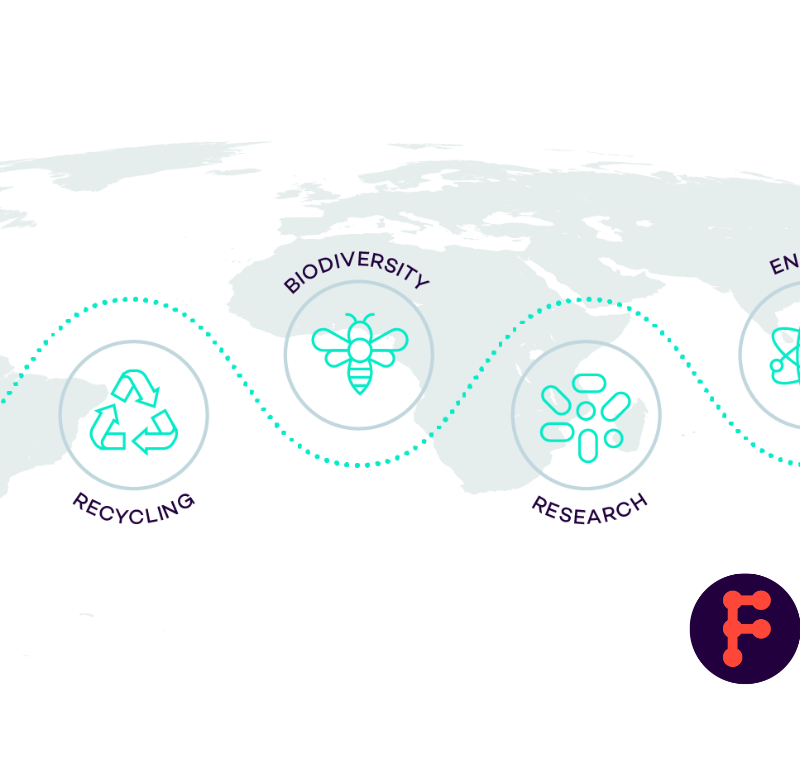The plot twist: ebook sales slip, and print is far from dead
As readers migrated to new digital devices, ebook sales soared, up 1,260 percent between 2008 and 2010, alarming booksellers that watched consumers use their stores to find titles they would later buy online. Print sales dwindled, bookstores struggled to stay open, and publishers and authors feared that cheaper ebooks would cannibalise their business.
Then in 2011, the industry’s fears were realised when Borders declared bankruptcy.
“Ebooks were this rocket ship going straight up,” said Len Vlahos, a former executive director of the Book Industry Study Group, a nonprofit research group that tracks the publishing industry. “Just about everybody you talked to thought we were going the way of digital music.”
But the digital apocalypse never arrived, or at least not on schedule. While analysts once predicted that e-books would overtake print by 2015, digital sales have instead slowed sharply.
Now, there are signs that some e-book adopters are returning to print, or becoming hybrid readers, who juggle devices and paper. Ebook sales fell by 10 percent in the first five months of this year, according to the Association of American Publishers, which collects data from nearly 1,200 publishers. Digital books accounted last year for around 20 percent of the market, roughly the same as they did a few years ago.
Ebooks’ declining popularity may signal that publishing, while not immune to technological upheaval, will weather the tidal wave of digital technology better than other forms of media, like music and television.
Ebook subscription services, modelled on companies like Netflix and Pandora, have struggled to convert book lovers into digital binge readers, and some have shut down. Sales of dedicated eReading devices have plunged as consumers migrated to tablets and smartphones. And according to some surveys, young readers who are digital natives still prefer reading on paper.
The surprising resilience of print has provided a lift to many booksellers. Independent bookstores, which were battered by the recession and competition from Amazon, are showing strong signs of resurgence. The American Booksellers Association counted 1,712 member stores in 2,227 locations in 2015, up from 1,410 in 1,660 locations five years ago.
“The fact that the digital side of the business has levelled off has worked to our advantage,” said Oren Teicher, chief executive of the American Booksellers Association. “It’s resulted in a far healthier independent bookstore market today than we have had in a long time.”
Read the full article here
More like this
Why we were wrong about the internet killing off print journalism
As summer dwindles, print revenues enter a long, cool autumn









